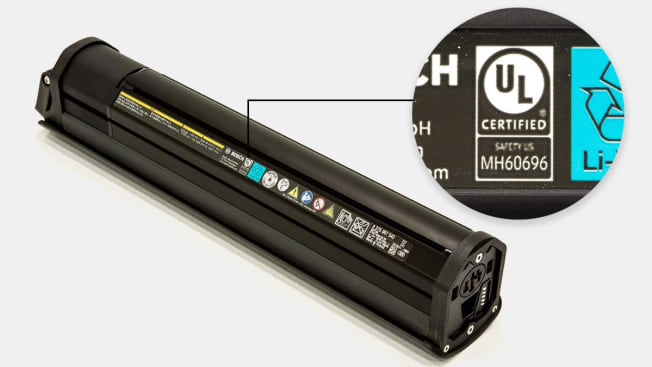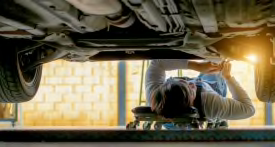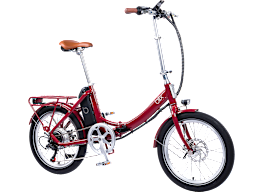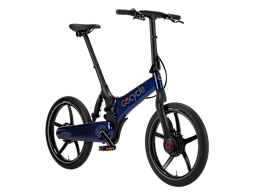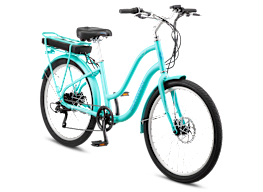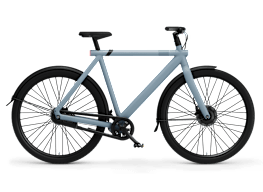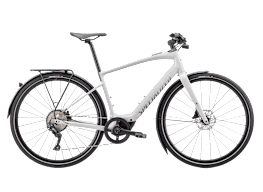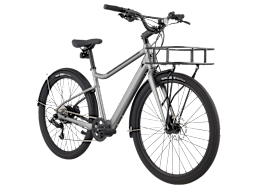“I urge you to review your product line immediately and ensure that all micromobility devices that you manufacture, import, distribute, or sell in the United States comply with the relevant [safety] standards,” wrote Robert S. Kaye, director of the CPSC’s Office of Compliance and Field Operations. “Failure to do so puts U.S. consumers at risk of serious harm and may result in enforcement action.”
When the batteries that power these products are poorly made or are charged too long, they can explode and catch fire. In New York City alone, electric bikes have been the source of over 200 fires as of December 2022. But the e-bike market is growing across the country, and with it, the risk of malfunctioning batteries. The total number of electric bikes imported into the U.S. doubled from 2020 to 2021.
The CPSC states that there were at least 19 fatalities in the past two years connected to electric bikes, electric scooters, and hoverboards, and it has been issuing safety warnings about hoverboards for several years. In October, it worked with electric bike manufacturer Ancheer to recall one of the company’s models after receiving reports of injuries from the battery sparking or catching fire. But the CPSC’s oversight is hamstrung by a provision in federal law that generally requires the agency to defer to voluntary safety standards, and it may establish a mandatory standard only if the current voluntary standard does not adequately reduce the risk or there is not likely to be substantial compliance.
UL Enterprises, an independent organization that tests and certifies products as safe, issued safety standards for electric bikes in 2020. The CPSC’s letter stated that the relevant UL standard here “significantly reduces the risk of injuries and deaths from micromobility device fires.” But as CR has reported, few manufacturers have elected to participate in the certification process.
CR asked 24 manufacturers of electric bikes in our ratings and reviews if their products currently conform to the CPSC-recommended, UL standard, and how they were certified. The battery in one electric bike—the Trek Powerfly 4—has a UL sticker, indicating that it has been certified by UL to that organization’s standard. Four manufacturers—Citizen, Jetson, Natko, and SWFT—said in response to our questions that their electric bikes adhere to UL specifications but did not say they had been tested by the UL. Two of the manufacturers—Cannondale and Rad Power—said that they conformed to a separate, global, safety standard instead of the UL’s. Eighteen manufacturers did not respond. (We will update this article with information about additional electric bikes as we test them or as we receive manufacturer responses.)
The e-bike industry’s adoption of the UL standard may now accelerate because the CPSC is sending multiple signals that it is preparing to increase its oversight. Earlier this month, CPSC Commissioner Mary Boyle issued a statement applauding CR’s investigation on fires triggered by the lithium-ion batteries in electric bikes, writing that the agency should not wait for the industry to address these risks on its own. “[W]e can and should be taking the lead,” she wrote. “Meaningful action is overdue.”
A statement from CPSC Commissioner Richard Trumka indicated how the agency may follow through on that plan. “Imported lithium-ion batteries/e-bikes that fail minimum industry standards may be seized at the ports,” he wrote. “We may levy penalties against those who fail to inform our agency of hazards posed by their products. And we will seek recalls if necessary.”
CPSC Chair Alexander Hoehn-Saric said in a separate statement that the agency is working with firefighters in New York City and elsewhere who are investigating recent lithium-ion battery fires to help the CPSC identify defective products.
“We’re glad to see the CPSC holding companies accountable for the safety of their products,” says Gabe Knight, a policy analyst at CR. “Battery fires have already claimed too many lives, and strong safety standards are vital to protect people who use e-bikes, e-scooters, and similar products.”
